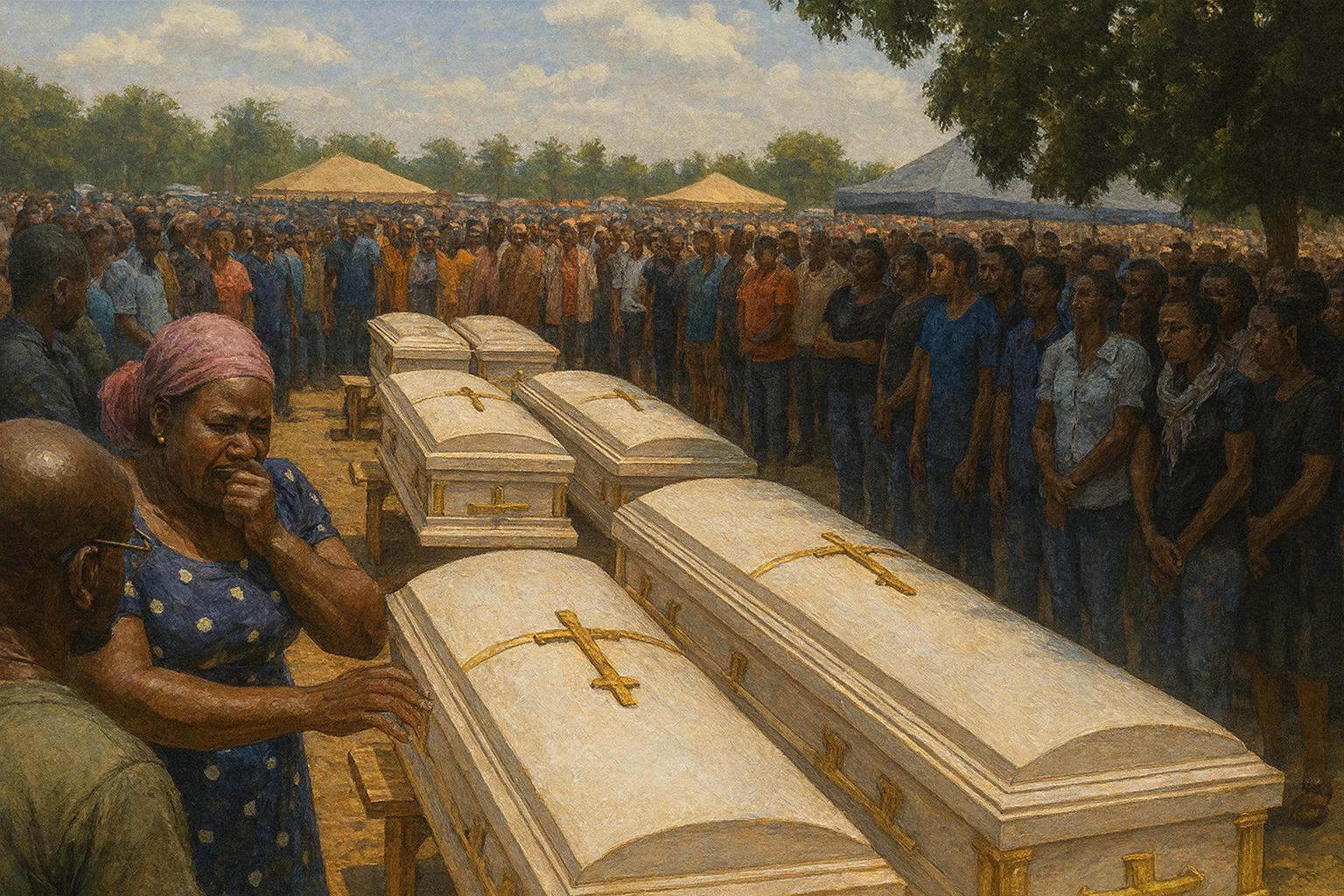Vatican Lists 1,624 Modern Martyrs — What It Means for Christians Today
- The Vatican documented 1,624 Christians killed for their faith since 2000, highlighting a global wave of targeted violence.
- Academic methods disagree sharply, with some estimates far higher because of broad definitions of wartime deaths.
- In the U.S., attacks on churches and violent incidents have spiked, and critics say the federal response has been weak.
The Vatican’s commission has cataloged 1,624 Christians killed for their faith between 2000 and 2025, naming them modern martyrs and honoring their witness across denominations. Those cases come from jihadist violence in Africa and Asia, cartel and gang killings in the Americas, and ethnic-political clashes where religion and identity overlap. The list is sober, specific, and meant to spotlight individual stories rather than inflate totals.
Academic studies give a very different picture: the Center for the Study of Global Christianity at Gordon-Conwell estimates between 100,000 and 160,000 such deaths per year when using a broad definition that includes wartime casualties. That methodological gap matters because counting choices change the perceived scale and the political response. Conservatives should push for transparency on definitions and accountability for real persecutors rather than statistics for headlines.
Here in the United States the trend has been alarming: church attacks rose sharply during the Biden years, from a baseline of about 50 incidents in 2018 to hundreds a year most recently, according to Family Research Council figures. High-profile mass shootings at religious sites and schools have intensified fear and exposed gaps in federal intervention. Many Republicans argue the administration has been slow to treat attacks on Christians as bias-motivated crimes needing a firm law enforcement response.
Examples named by the Vatican and others put faces on the numbers: Sister Dorothy Stang, who held up “This is my only weapon.” before she was killed; Father Ragheed Ganni, who refused to close his parish; children and missionaries killed in bombings and ambushes. These stories show faith-driven service meeting brutal resistance, and they underline why religious freedom advocacy must be a priority. For many believers, martyrdom is both a tragedy and a testament.
CatholicVote and Aid to the Church in Need have tracked hundreds of attacks on churches globally and domestically, from arson and vandalism to mass murder, and they argue the patterns are worsening. The Vatican’s tally concentrates verified cases, while other tallies broaden the lens; both approaches are useful but for different reasons. What matters politically is pushing for stronger protections for houses of worship and clearer enforcement against those who target them.
The ecumenical ceremony in Rome brought more than 30 Christian traditions together to name the victims and pray, framing martyrdom as a call to unity and resilience. Pope Leo XIV said the blood of martyrs “is a source of hope and unity for Christians everywhere,” and urged the faithful to respond with witness, not revenge. That tone matters: public policy should protect life and liberty while churches and communities keep preaching courage and charity in dangerous times.


Leave a Comment